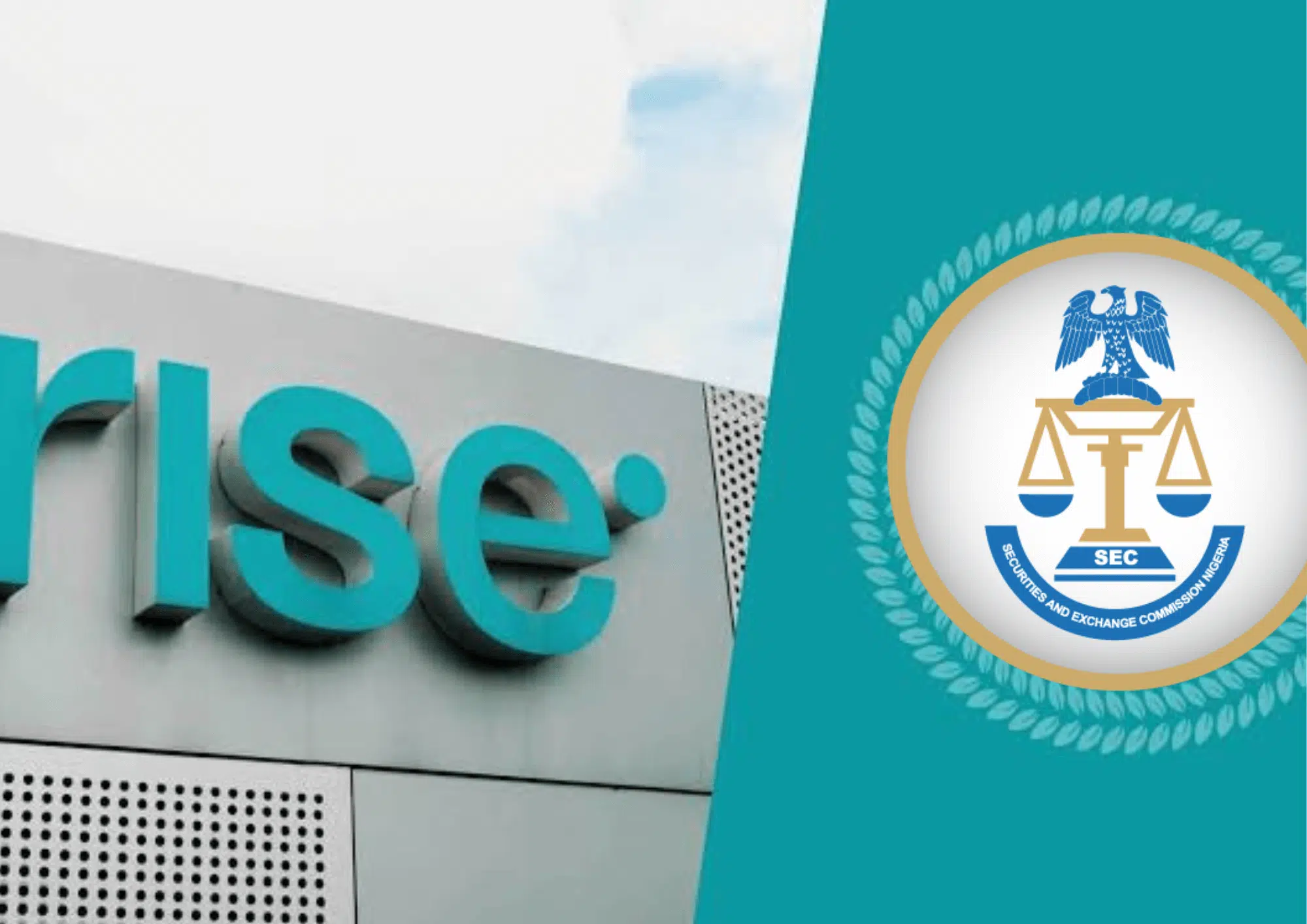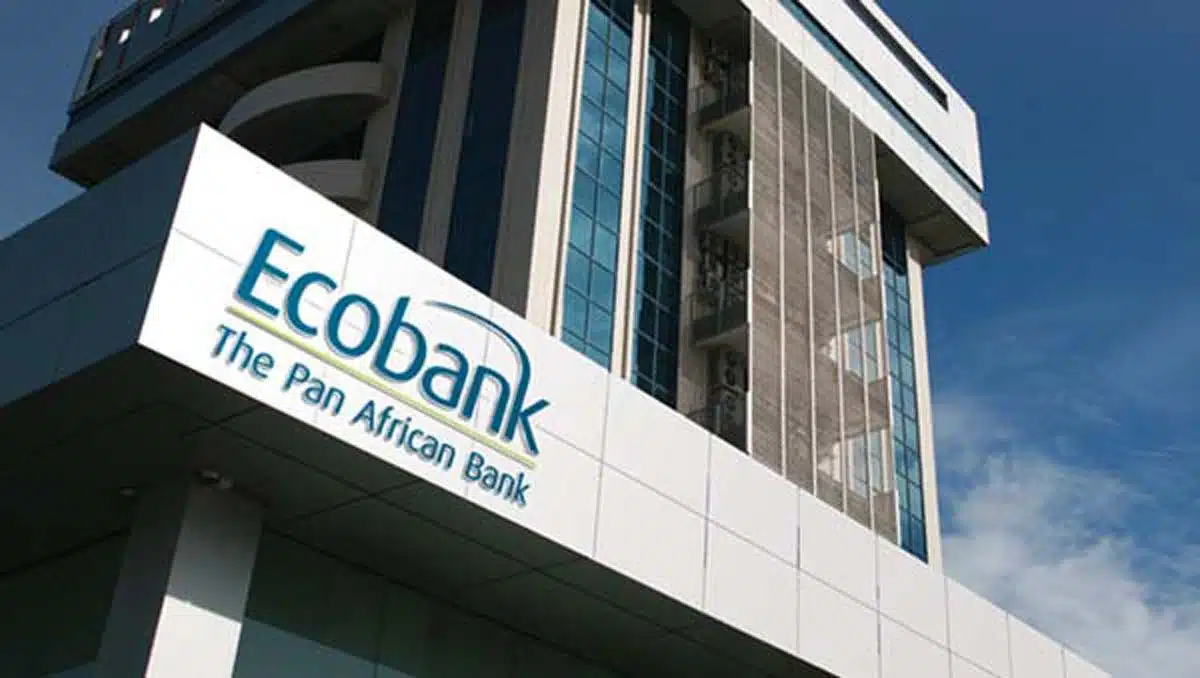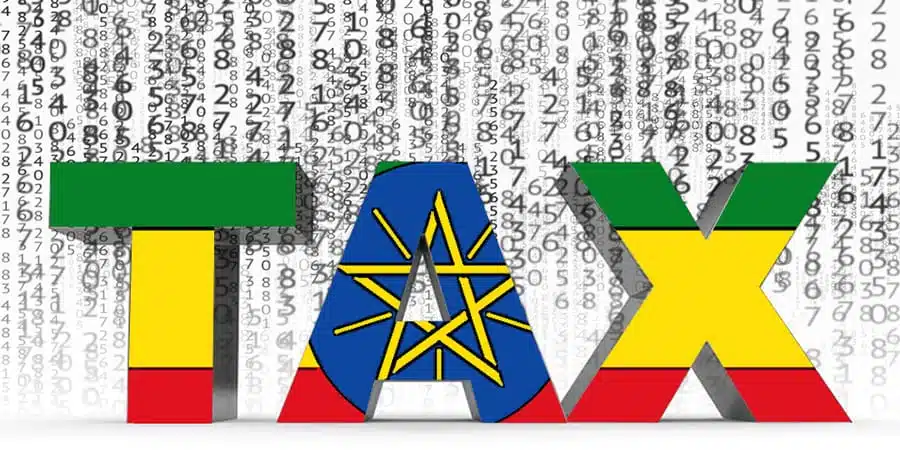The Nigerian Securities and Exchange Commission (SEC) recently raised concerns about Risevest, a digital investment platform, and its cooperative subsidiary. The SEC questioned whether the platform was fully compliant with Nigeria’s capital market regulations just like other platforms like Chaka Technologies and Trove are.
These include the Investment and Securities Act (ISA), which sets out rules for securities trading, and requirements for platforms to be properly licensed by the SEC. Additionally, SEC questioned whether Risevest met disclosure and transparency standards for investors, and whether its operations adhered to corporate governance and market conduct rules.
Risevest defended its operations, stating that its activities were legitimate, but the situation highlights broader tax and regulatory issues for both digital investment platforms and their users.
Tax responsibilities of platforms
Digital investment platforms in Nigeria often operate under different structures, each with its own tax rules. Risevest, for example, has a cooperative society registered under Lagos State laws, which usually enjoys tax exemptions. However, when a cooperative like Risevest engages in profit-driven investment activities, it’s unclear whether it should still qualify for these exemptions. This confusion points to the need for clear guidelines from tax authorities to define how such entities should be taxed.
In contrast, platforms like Chaka Technologies and Trove are SEC-licensed and follow the Investment and Securities Act (ISA). They also comply with tax obligations such as Companies Income Tax (CIT) and Value Added Tax (VAT). Their operations are regulated, ensuring they meet disclosure, transparency, and governance requirements.
It’s essential for platforms like these to ensure full compliance with tax obligations to avoid potential legal and financial issues.
Tax responsibilities for investors
Income from investments on platforms like Risevest, such as dividends and capital gains, is taxable under Nigerian law. The Finance Act 2023 made this possible by introducing a 10% Capital Gains Tax (CGT) on profits from digital assets.
However, interviews with a few Risevest investors showed that most didn’t think about taxes when they started investing. Some even said they weren’t sure if the platform explained taxes clearly, despite offering lots of investment content.This lack of awareness could lead to investors not reporting taxable income.
Additionally, Nigeria has double taxation agreements (DTAs) with several countries to prevent investors from being taxed twice on the same income. However, these agreements can be complex, making it difficult for many investors to apply them correctly. Understanding how they work is important for complying with both Nigerian and foreign tax laws.
Ensuring regulatory and tax compliance
The SEC’s scrutiny of Risevest emphasizes the importance of robust regulation of digital investment platforms. Beyond SEC oversight, tax authorities like the Federal Inland Revenue Service (FIRS) must ensure these platforms meet their tax obligations. This includes properly collecting VAT on transaction fees and ensuring that withholding taxes are deducted where necessary.






